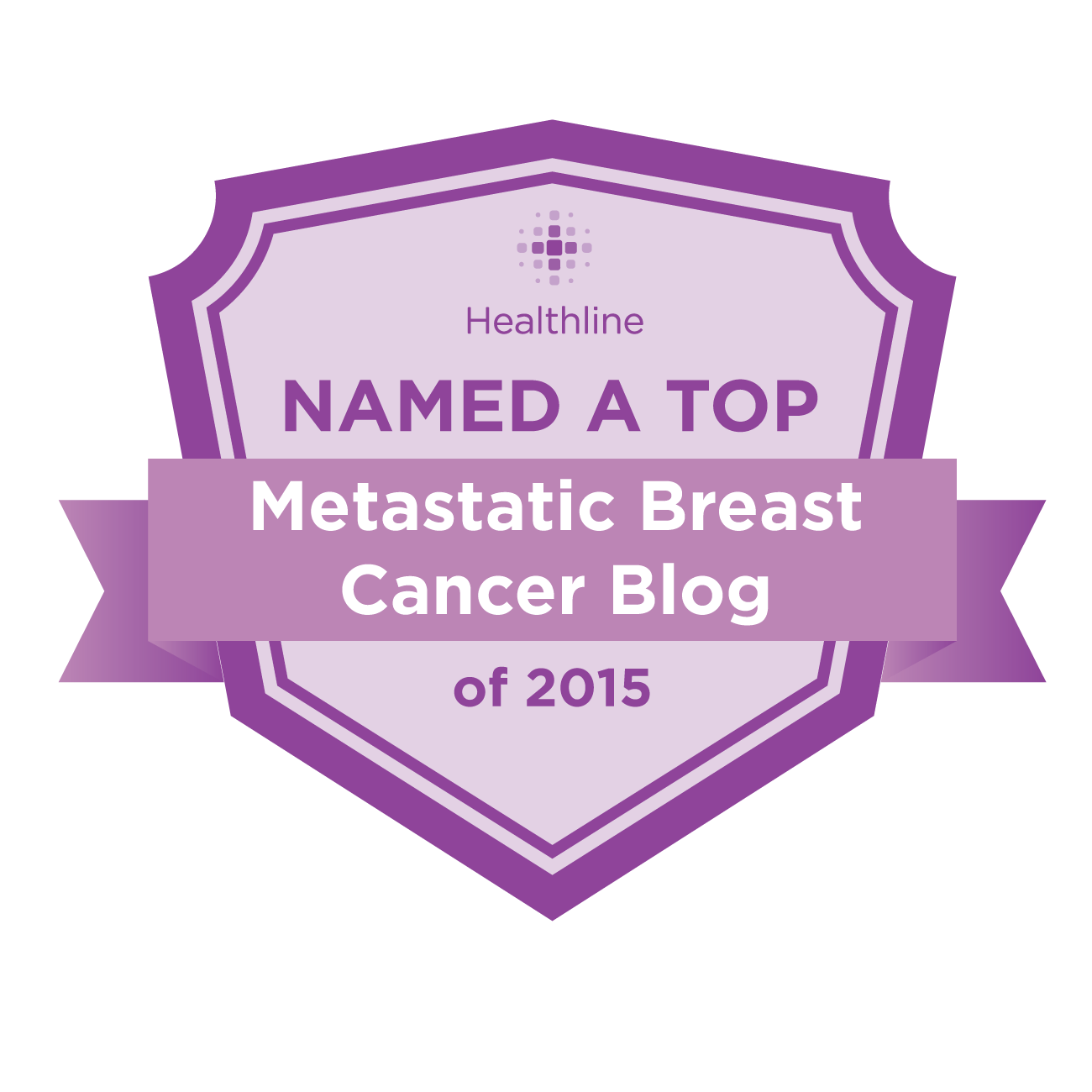Transcription of the second interview Q13 Fox did of young breast cancer survivors --
Angela King, Q13FOX News
October 24, 2008
What do you do when you learn your life will never be the same?
"Within two hours, I knew I had breast cancer. They told me right then," says Nicole Taylor.
Every three minutes, a woman will face that very moment.
Carrie Sieberg says," You can picture the room, the doctor. You can picture everything. I don't think I'll ever forget that. It was horrible. It was horrible.
Washington state has the highest rate of breast cancer in the country. While mastectomies and chemotherapy are not always required, there's no way to get around the initial fear.
Carrie says, "We're the only ones who really get it."
But to get it while your in your 30's like Carrie and Nicole is not the norm. Most women won't be diagnosed until well after their 40th birthday.
"We have to deal with what older women don't have to deal with. Maybe they have a husband who's retired or grown children who can take care of them. For me and a lot of women, we still have to work," says Debbie Cantwell, a breast cancer survivor.
"I cleaned toilets when I was going through chemo," says Debbie.
Carrie had to continue on too. She's a physical therapist. Nicole was diagnosed when she was a kindergarten teacher. But just as that day they were diagnosed - a change. Simply working to pay the bills was no longer enough.
"I knew I wanted to do something for the cause. Something for the heartache, the anxiety, and the anger of watching so many of us being diagnosed and losing 18 friends in the past two years to breast cancer all under the age of 45," says breast cancer survivor Nicole Taylor.
So now Nicole works at Susan G. Komen For The Cure. It's the world's largest network of cancer survivors and a leading supporter of breast cancer research. Carrie is still a physical therapist, although her focus now is helping fellow survivors feel better.
Carrie says," Women feel like pain is part of the deal."
Patients in recovery often suffer from tightness and scarring following breast cancer operations. Muscles can be weakened by the radiation.
Things like Chemo - that you leave feeling worse. But when you leave physical therapy, you feel better and they're aren't a lot of places you can go when you have cancer where you can leave feeling better," says Carrie.
As for Debbie - she's feeling much better now. She's still not a big fan of housework. But the copyrighter by profession has made compassion her expertise.
"I've sent fully prepared meals to families so when they come home from the hospital it's easier."
Debbie is the founder of Breast Cancer Sisterhood.com - a charity helping survivors with day-to-day living when the daily discomforts of cancer make it difficult to do basic chores.
Debbie says, "I have to help these women ... I have to do something ... I have to make life easier."
And life continues on - not the way these women planned, but what else can you do? They can hope and help those who've yet to make it through - the women worried about today and the uncertainty that accompanies tomorrow.
And who better to guide them or to understand their fears than the one's who have been there, and who are still here.
"I'm just grateful I went through the experience and came out the other side doing alright," says Debbie.
October 31, 2008
Subscribe to:
Post Comments (Atom)








No comments:
Post a Comment